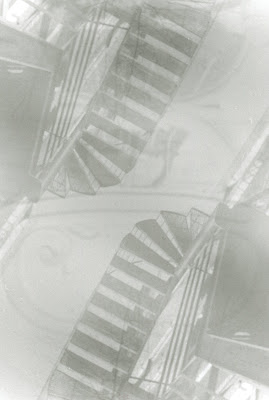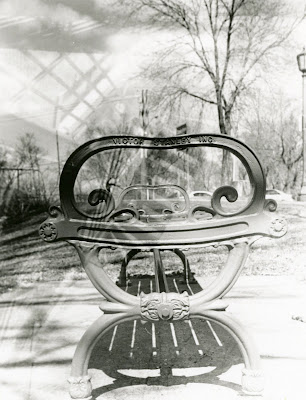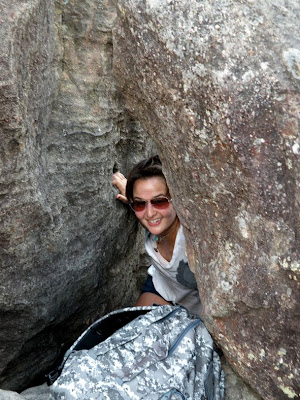Tomorrow is Carleton's class of 2011's first month as alums. It would also have marked the end of my much-awaited first week in Shanghai, living the 'real' life. Instead, I am writing this from the comfort of my (parents') home in Singapore.
The delay in commencing on my new job is frustrating for two main reasons. Firstly, the situation is a relapse of what happened to me when I was eleven, leaving for an excursion to Malaysia with my primary 6 classmates and many other attempts at my overseas trips. Because of my passport, I have to go through the hassle of sorting out the paperwork and liaising with different embassies (and not to mention the cost) in order to apply for visas. So, when my passport becomes an obstruction for me to start my much anticipated job out of college, I was bitter. But it also make me realize how the real world, unlike Carleton can be unfair and brutal-- one just has to live with it.
The second reason why staying home, jobless becomes detrimental to my mental well-being is because I lack such purpose and structure in life. For the last 4 years at Carleton, I became so accustomed to 'doing' things, being intellectually stimulated that having to count the hours down to the next day is extremely painful. So, I started looking for temporary jobs, both to pass time (in the process of looking) and in hopes to pass more time when I get one.
Last Friday (July 8th) and today, I spent four hours distributing flyers to advertise luxury apartments for a property developer company. Now, in doing that job, I came to learn the few of many differences between Carleton and the 'real world' mentality. At Carleton, I would say that many people are non-judgmental (and less materialistic) about the prestige attached to a certain kind of job. We have students working as custodians who clean carpets and toilets, mailing staff that deliver letters rain or shine and admission fellows who have to wear professional clothes and be representatives of Carleton to prospective students. But no matter what the job entails or no matter what we are required to wear for our job, no one discriminates the other based on the 'prestige' attached to the job. (Besides, we get paid the same salary too.) But when I told a friend that I was distributing flyers to pass time, I got a dismissive 'Oh?' as a response.
When I was distributing flyers, I got to get to know a few of the sales agents from this developer company (my supervisors) and a few polytechnic students (who worked with me). While agents' conversation centered around the type of cars their colleagues drive and the salary they earn, all the poly technique students thought about was how they could do the minimum amount of work and still get paid.
I didn't think I would miss Carleton and the genuine, intellectually curious, and non-materialistic nature of the people as much as I do now (one month out of college). But I do. And I am starting to realize all the things I took for granted in the Utopia, the privileges and benefits we received as private liberal arts undergrads.
The transition into the real world would be hard and it would take some adjustments--ones that would be made easier if we conform. But to throw away what we have been showered with for our personal and intellectual growth in the last four years is to be short-sighted. It is tempting to settle into the safe professional career path that entices us with high-starting pays, benefits and the 'prestige' that is attached to a job title but I worry that I might loose sight of the other things that matter--being around kind, intelligent people, having the motivation and drive to continue learning and most importantly, being consumed by greed; Greed for prestige and money which could so easily engulf us from pursuing our passions and satisfying our curiosities.
In a conversation with my younger brother last week, he said "don't let money dictate/control your lifestyle. If you are good at what you do, money will follow." I think that could be very true.
 "Colour is my obsession; my joy and torment." -Monet.
"Colour is my obsession; my joy and torment." -Monet. Woman by the Beach/Jetty by Steers.
Woman by the Beach/Jetty by Steers.



























